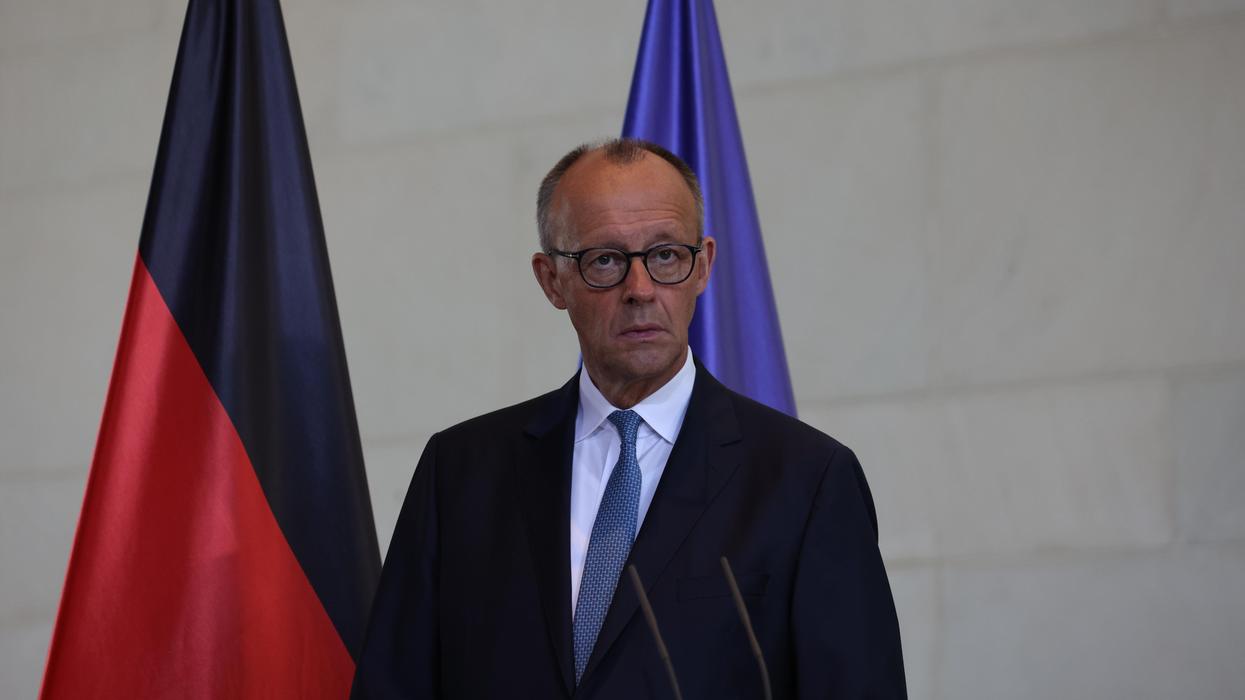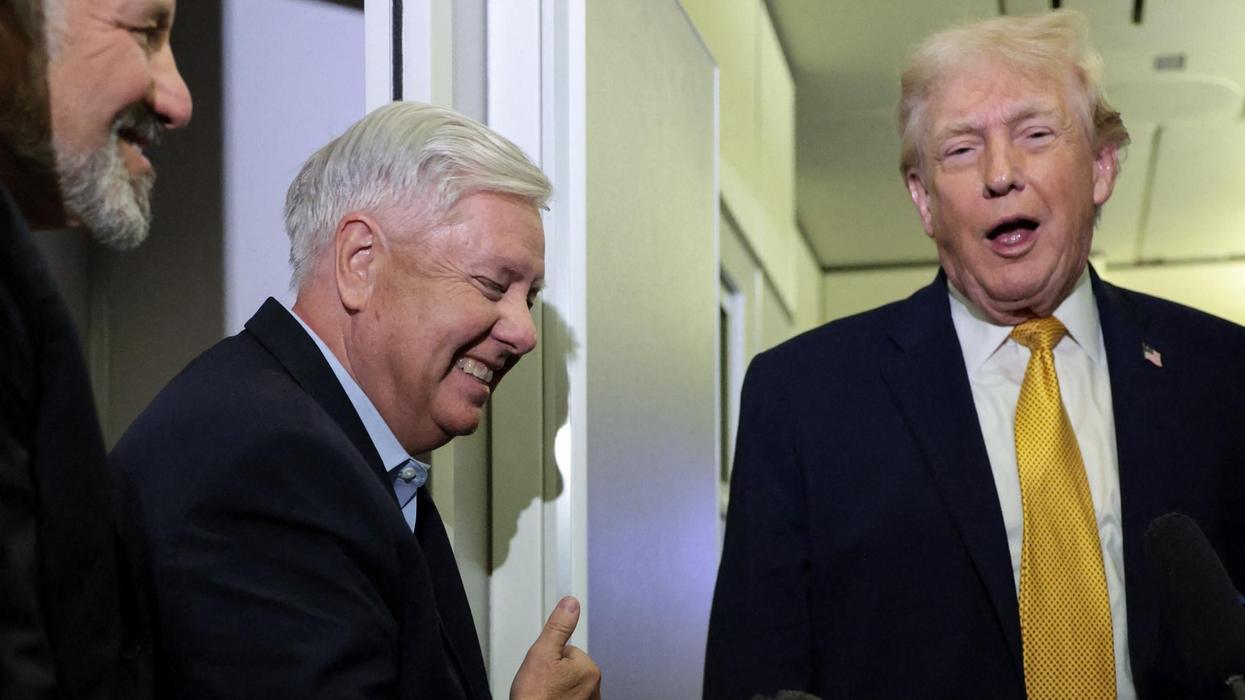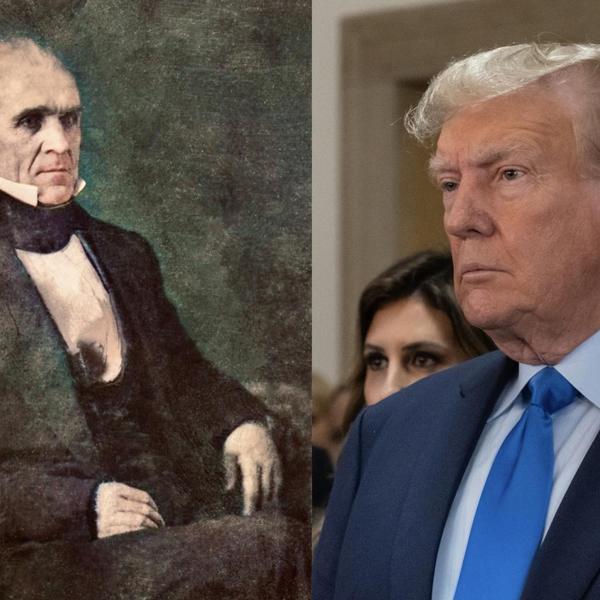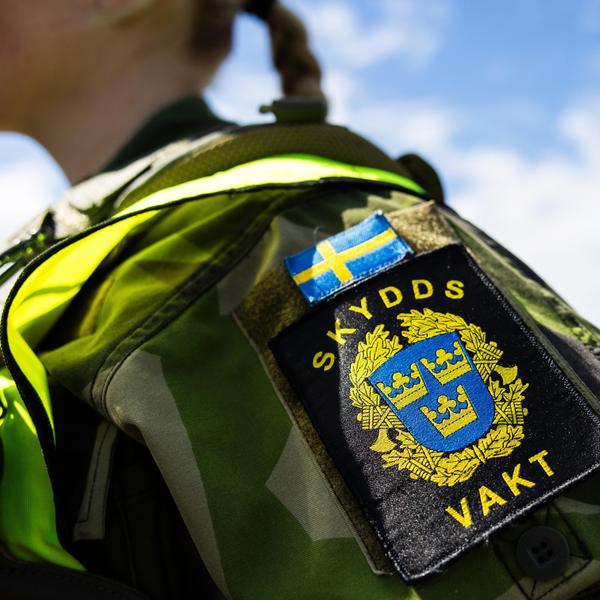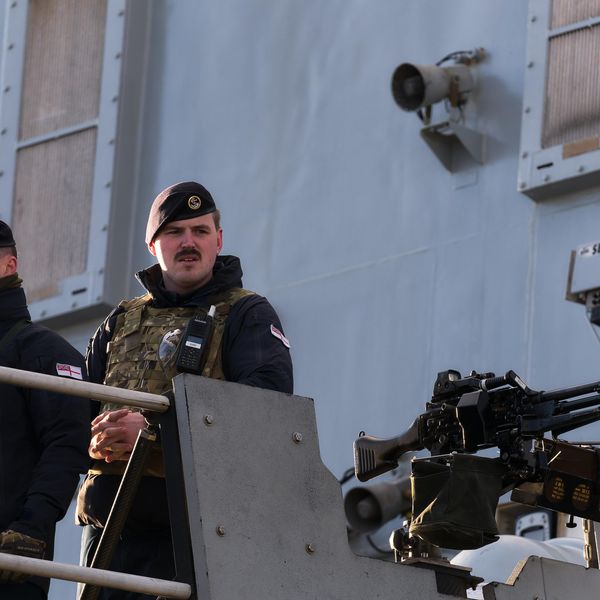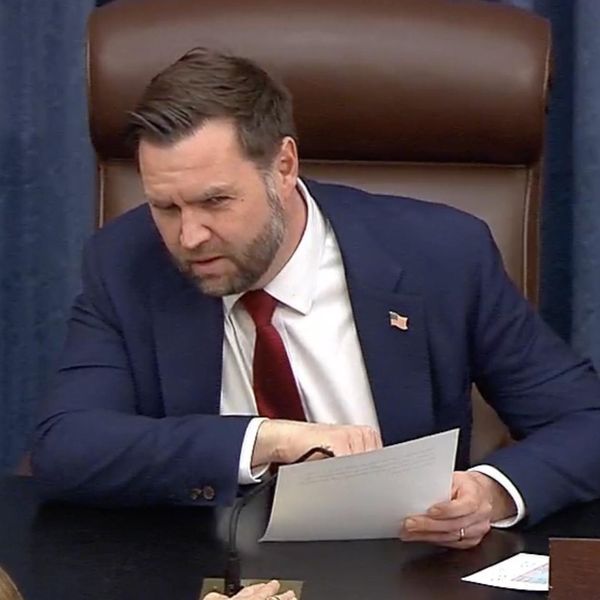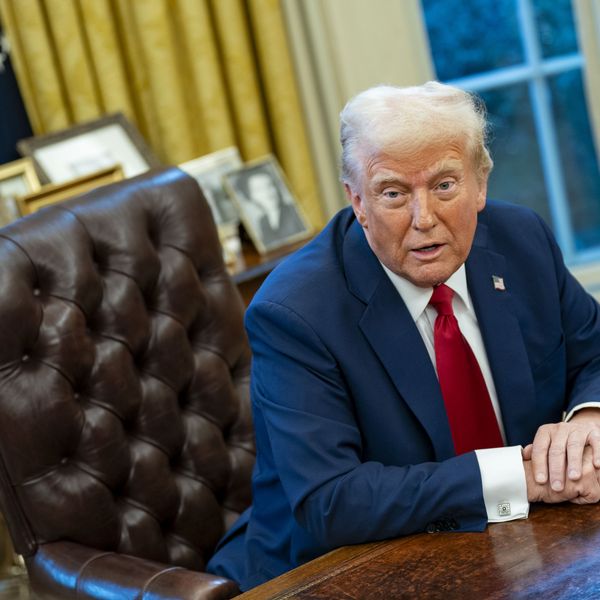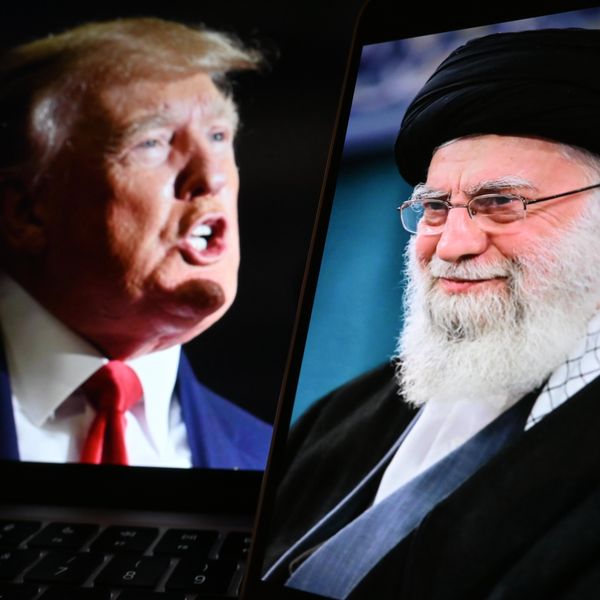The art of grand strategy is often treated as an exercise in power projection, deterrence, and securing national interests in an anarchic international order. Yet, the great thinkers of the Western tradition provide a deeper moral and philosophical framework for thinking about statecraft.
Augustine of Hippo and Thomas Aquinas, drawing on the classical tradition, particularly Plato, developed an enduring vision of virtue that should inform our understanding of leadership and strategy. Their articulation of the cardinal virtues — prudence, justice, fortitude, and temperance — offers a timeless lens through which to frame and evaluate grand strategy.
Each of these virtues plays a role in crafting a sound approach to foreign policy, but temperance stands out as the most vital in a world where great powers risk overextension, unnecessary conflicts, and countless other self-inflicted wounds ultimately grounded in hubris and the desire for primacy.
A grand strategy of restraint, rooted in the cardinal virtues as understood by Augustine and Aquinas, provides a sustainable and morally coherent alternative to the excesses of primacy and other hubristic temptations. By analyzing each virtue’s relevance to grand strategy, we can see how restraint emerges not only as an ethical pathway but as a practical approach to strategy too.
Prudence: The Foundation of Strategic Wisdom
Prudence, or practical wisdom, is the ability to make sound judgments in uncertain and complex environments. Augustine and Aquinas saw prudence as the first among virtues, for it guides and orders the others, ensuring that justice, fortitude, and temperance are properly exercised. It is the intellectual cornerstone of grand strategy, guiding leaders to distinguish between necessary and unnecessary conflicts, essential and peripheral interests, and achievable versus illusory objectives.
A prudent grand strategy acknowledges the limits of power. The United States, for example, has learned – sometimes at great cost – that power projection without clear strategic objectives leads to quagmires, as seen in Iraq and Afghanistan. Prudence dictates that policymakers recognize the costs of overextension and the diminishing returns of military interventions that lack clear, attainable goals.
Restraint, as a strategic posture, aligns with prudence by prioritizing essential interests, avoiding unnecessary entanglements, and preserving national power for when it is truly needed. This means distinguishing between existential threats and those that can be managed through diplomacy, alliances, and economic statecraft rather than through military force.
Justice: The Ethical Dimension of Statecraft
Justice in grand strategy involves the fair and proportional use of power. Aquinas, building on Augustine, linked justice to the proper ordering of society and the common good. It recognizes that the ends do not always justify the means and that a great power’s legitimacy depends on its adherence to certain moral principles, both at home and abroad.
A restrained grand strategy is more just than one based on primacy or interventionism because it avoids unnecessary wars, minimizes collateral damage, and upholds national commitments responsibly. The reckless use of force, even if tactically successful, can erode long-term legitimacy, as seen in the reputational costs borne by the United States in the aftermath of the Iraq War.
Justice also requires that great powers respect the sovereignty of other nations rather than engaging in coercive regime change or perpetual military interventions. A restrained strategy, therefore, upholds international stability by avoiding the cycle of intervention and backlash that has characterized much of U.S. foreign policy in the post-Cold War era.
Fortitude: Strength Without Hubris
Fortitude, or courage, is essential in grand strategy, but it must be directed toward sustainable goals rather than reckless ambitions.
Augustine viewed fortitude as the virtue that enables a ruler to endure hardships for a just cause, rather than seeking dominance for its own sake. True fortitude lies in balancing power and blunting threats without succumbing to the overconfidence of primacy and hegemony. Seeking dominance in every region, engaging in endless conflicts, or assuming global leadership in all matters is not strength — it is hubris. Strength, by contrast, involves carefully defining national objectives, defending core interests, and acknowledging limits.
A grand strategy of restraint requires fortitude because it demands the discipline to avoid unnecessary conflicts while still maintaining credible deterrence. Balancing power means ensuring that no single actor dominates a strategic region, while blunting threats involves using a mix of diplomacy, alliances, and selective military capabilities to check adversaries without excessive entanglement.
This approach reflects a realist understanding of power: it is finite and must be applied judiciously rather than squandered in futile attempts to maintain global hegemony.
Temperance: The Keystone of Restraint
Among the cardinal virtues, temperance — or self-restraint — is the most directly applicable to grand strategy. Augustine and Aquinas emphasized temperance as the virtue that ensures wisdom, courage, and justice work in harmony rather than excess. In strategic terms, temperance means avoiding overreach, avoiding unnecessary conflicts, and being disciplined when it comes to allocating resources.
A grand strategy of restraint is, at its core, a strategy of temperance. It acknowledges that national power is finite and that preserving strength for essential objectives is wiser than dissipating it through excessive military commitments in pursuit of chimerical goals. The decline of past great powers — from Rome to Britain — illustrates the dangers of imperial overreach.
The lesson for the United States is clear: strategic patience and careful prioritization are necessary to avoid repeating these historical patterns.
Temperance also applies to economic and diplomatic tools. Overuse of sanctions, for example, can lead to diminishing returns, driving adversaries toward alternative financial systems and undermining long-term leverage.
Similarly, a foreign policy that demands ideological conformity from allies can backfire, alienating partners who might otherwise share strategic interests. A restrained grand strategy, grounded in temperance, avoids these pitfalls by exercising measured influence rather than attempting to dominate every aspect of international affairs.
The Virtue of Restraint
A grand strategy of restraint, built on these virtues, is not an abdication of leadership but a recalibration of it. It recognizes that true strength lies not in trying to maintain and police the so-called Rules-Based International Order but in the wise conservation of national power and the application of that power to achieve more limited ends.
It accepts that some global challenges must be managed rather than solved through force. And it embraces a long-term vision in which stability and national security are preserved through judicious, rather than excessive, engagement.
The United States faces a world of multipolarity, regional rivalries, and shifting alliances. In such an environment, the cardinal virtues, as articulated by Augustine and Aquinas, offer not just an ethical compass but a strategic blueprint. Restraint, guided by prudence, justice, fortitude, and above all, temperance, provides the surest path to sustainable global engagement in the twenty-first century.


